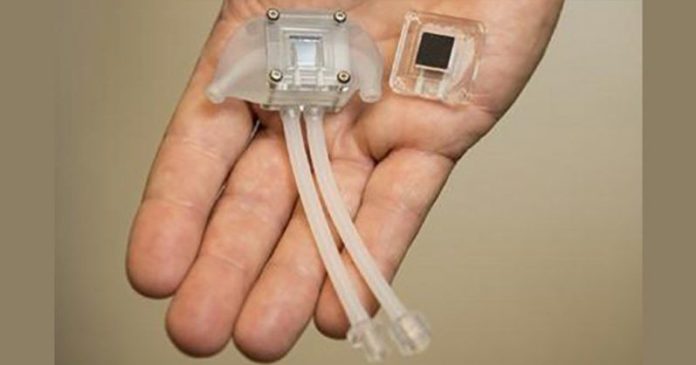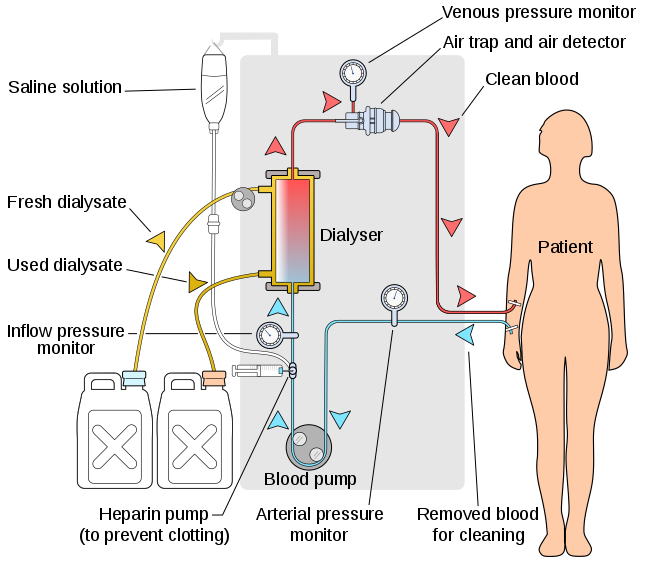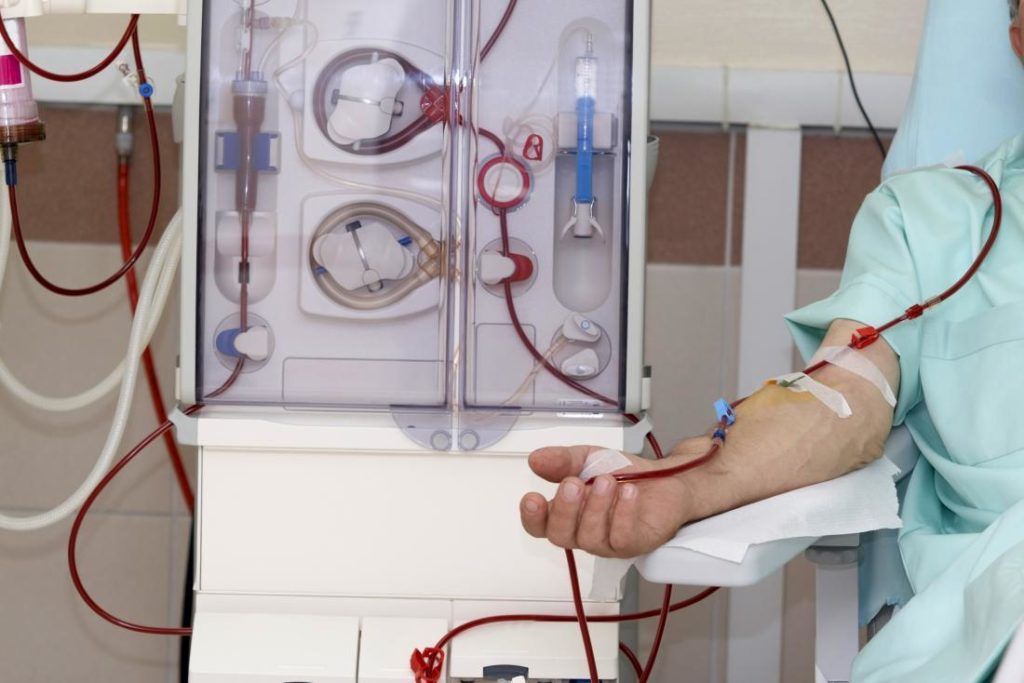
In the United States, there are over 100,000 people waiting for a kidney transplant and somebody is added to that list every fourteen minutes. The typical waiting time for a kidney is between 3 and 5 years, and 13 people die every day waiting for a transplant.
United States organ shortage leaves thousands of patients on dialysis while waiting to receive a new kidney, but scientists may have solved this issue by creating the world’s first artificial kidney.
The Kidney Project
William Fissel of Vanderbilt University and Shuvo Roy of the University of California, San Francisco have launched a Kidney Project to address the U.S. kidney shortage.
They have created an artificial kidney that uses living kidney cells along with modified microchips operated by the heart to carry out a healthy kidney’s actions.
“We can harness the 60 million years of research and development of Mother Nature and use kidney cells that luckily grow well in the lab dish for us, and expand them into a bioreactor of living cells,” Fissell explained in a recent article published by Science News Vanderbilt.
The artificial kidney can accurately differentiate between the waste chemicals and nutrients your body needs and requires only standard surgery to be implanted into your body.
What Does Your Kidney Do?

The kidneys perform a number of life-critical functions including:
- Maintaining fluid equilibrium overall. The kidneys ensure that your extracellular fluid (including your blood plasma) is not too contaminated or too concentrated[4].
- Minerals are regulated and purified from the blood. The kidneys are specifically responsible for maintaining constant levels of important minerals, such as sodium, potassium and calcium[4].
- Filtering of waste material from food, medicinal products and toxics. The kidneys filter out waste products and environmental toxins to be excreted into your urine[4].
- Hormones that help to create red blood cells, promote bone health and control blood pressure
If your kidneys malfunction this means that they can no longer remove waste products from your blood. Dangerous levels continue to accumulate, and the chemical makeup of your body is unbalanced.
Dialysis for End-Stage Kidney Failure

When a patient has end-stage renal failure, their only option is to have a transplant. And, since the waiting list for a transplant is so long, they will be put on dialysis until a new organ can be accessed.
Dialysis will perform some of the safe kidney acts, such as eliminating waste, salt, and extra water, regulating blood potassium and sodium levels, and helping control blood pressure.
The method of dialysis is time-consuming and complicated. This usually occurs in the hospital, although it can be done at home, and takes three to four hours, three times a week[6]. When you can’t get a kidney donation, you’ll have to be on dialysis for the rest of your life, with an average life expectancy of five to ten years.
The Artificial Kidney Providing Hope
The kidney artificial developed by the Kidney Project includes fifteen microchips that are heart operated and serve as filters. They hold living renal (kidney) cells which ultimately grow around the chip and imitate a real kidney.
The new “man-made kidney” will actually work better than dialysis and will provide patients beyond dialysis with a much more permanent solution. This will also provide a solution that is longer-term and more successful than a traditional kidney transplant.
Currently, engineers are working on testing every aspect of the device to ensure its effectiveness and safety before human trials begin. If the device succeeds, it could eliminate the need for dialysis, resolve the organ shortage crisis, and save national dollars in healthcare.
